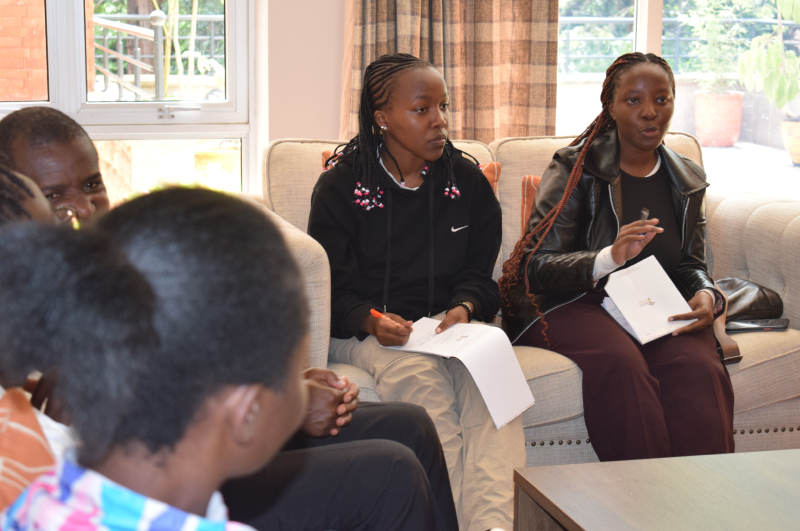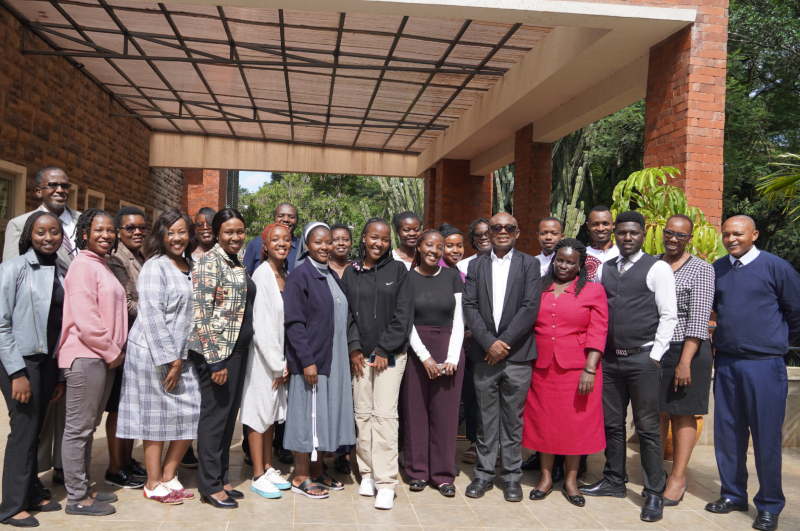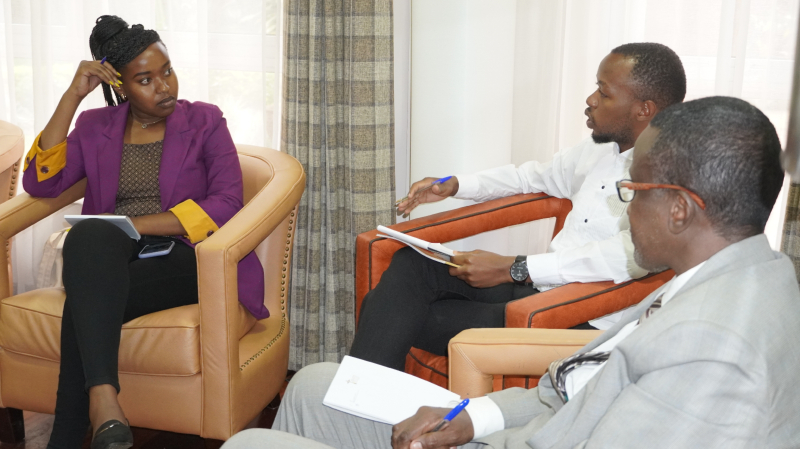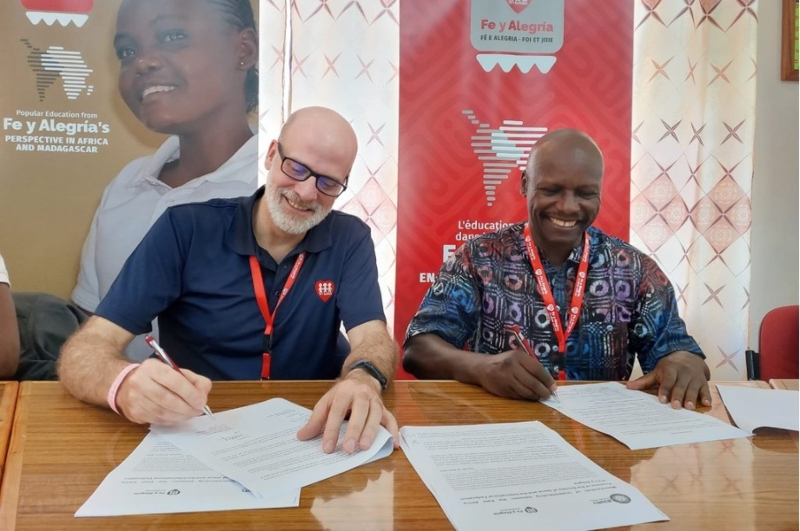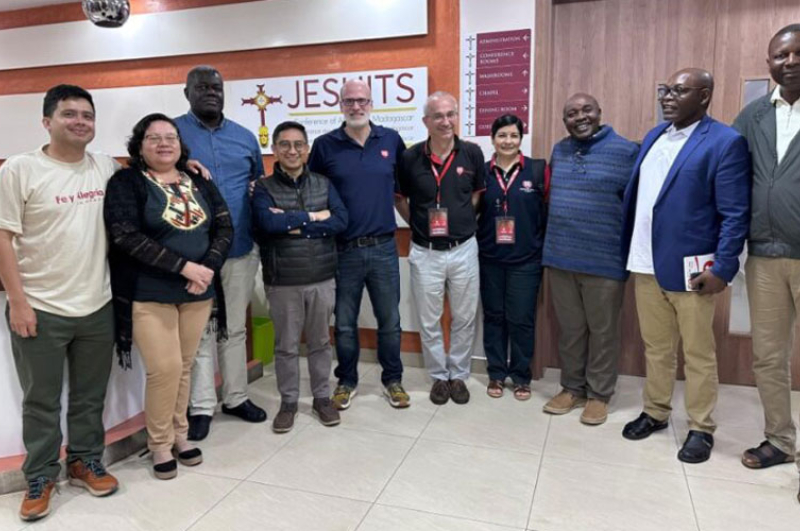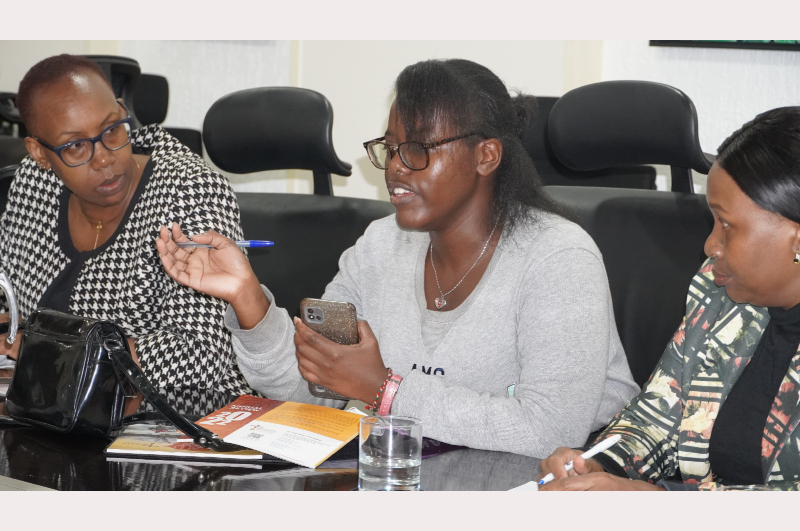

Jesuit Africama House, Nairobi, Kenya – In a significant step towards inclusive education, The Jesuit Justice and Ecology Network - Africa (JENA) along with its member organisation the Jesuit Hakimani Centre and in collaboration with the Ministry of Education of Kenya, hosted a pivotal workshop on January 15th, 2024, for the validation of the Draft Gender Education Policy.
Held at the Jesuit Africama House in Nairobi, the event marked a critical phase in the policy's development, reflecting a comprehensive approach to gender inclusivity in education.
The workshop convened ministry officials, educational experts, and notably, young people from universities, schools, and various educational platforms, underlining the collaborative spirit that has characterized the policy's formulation. JENA, alongside other key stakeholders, has been instrumental in guiding the development of this forward-thinking document, ensuring it addresses the nuanced needs of Kenya's diverse student population.
Participants engaged in robust discussions, addressing contemporary gender issues within the educational sector. Notably, the youth contributions highlighted urgent areas for inclusion, such as the integration of disability considerations and the articulation of culturally appropriate sex education. These insights underscore the policy's aim to be reflective of modern societal challenges while remaining respectful of cultural values.
Though contentious during the discussion, another area of focus was the accommodation of LGBTQ+ perspectives, reflecting the policy's ambition to foster an educational environment that is truly inclusive and sensitive to all students' identities. This aspect of the discussion showcased the participants' commitment to a comprehensive and nuanced approach to gender inclusivity.
The workshop concluded on a positive note, with JENA expressing gratitude for the opportunity to contribute to such a landmark initiative. The Draft Gender Education Policy stands as a testament to Kenya's commitment to advancing gender inclusivity in education, promising a future where all students, regardless of gender or capability, receive equitable and respectful educational opportunities.
As the policy moves towards finalization, the contributions from the validation workshop are expected to enrich its content, ensuring it effectively addresses the challenges and opportunities within Kenya's educational landscape.
Related Articles

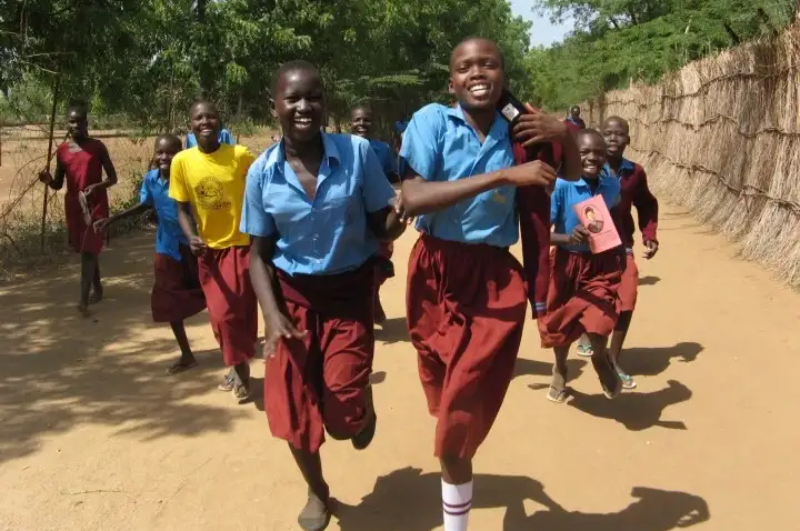
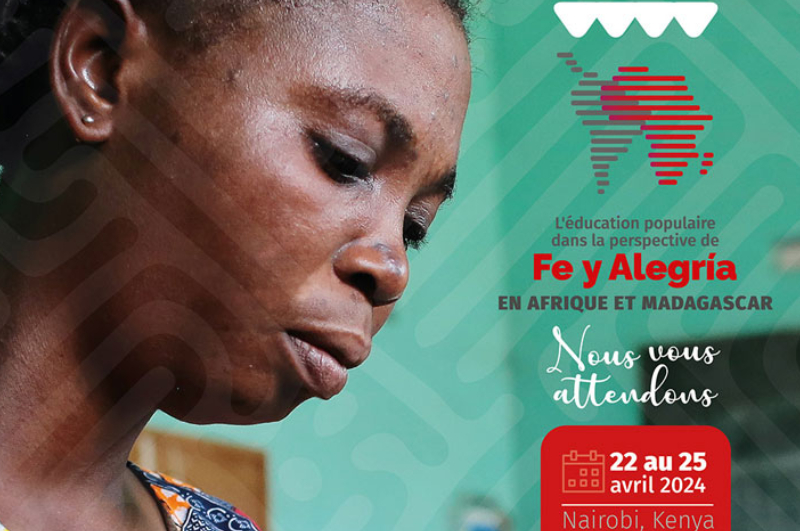
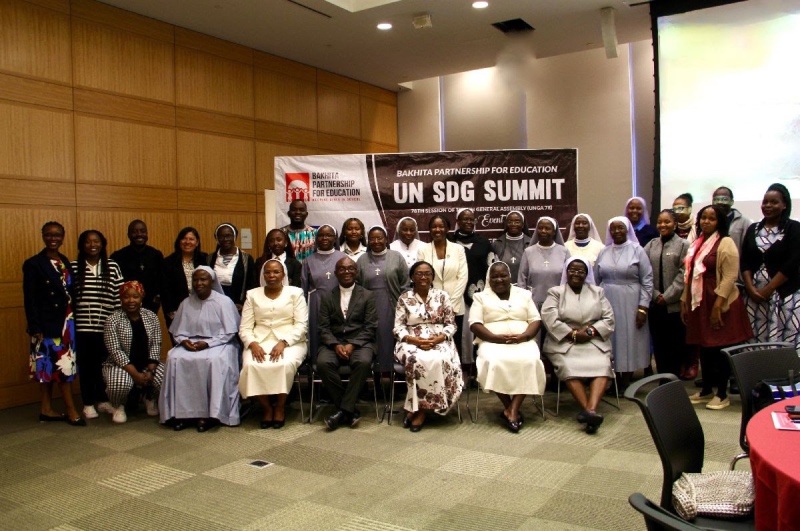
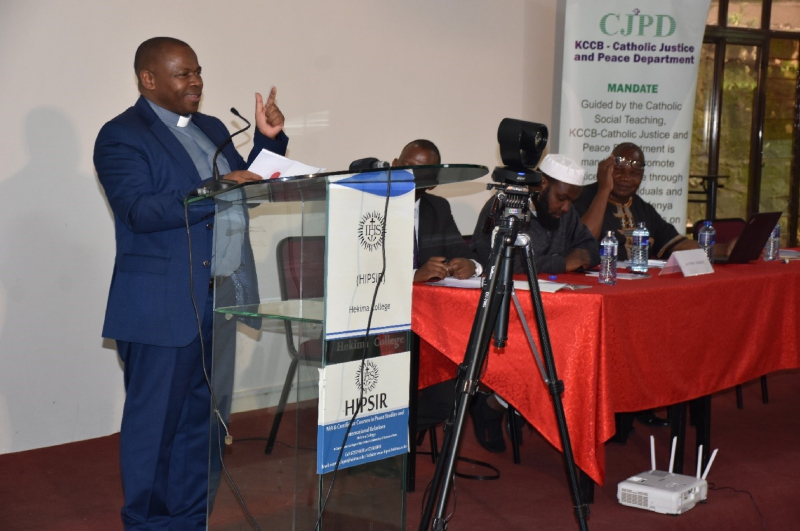
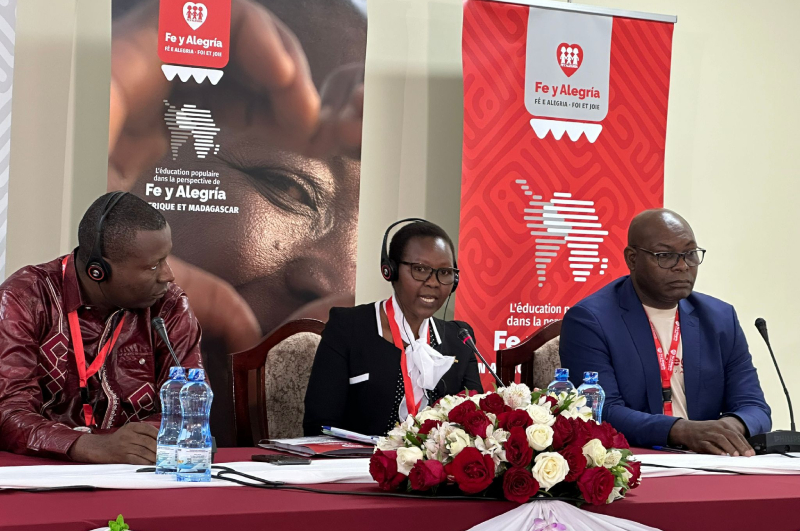
Select Payment Method
Pay by bank transfer
If you wish to make a donation by direct bank transfer please contact Fr Paul Hamill SJ treasurer@jesuits.africa. Fr Paul will get in touch with you about the best method of transfer for you and share account details with you. Donations can be one-off gifts or of any frequency; for example, you might wish to become a regular monthly donor of small amounts; that sort of reliable income can allow for very welcome forward planning in the development of the Society’s works in Africa and Madagascar.
Often it is easier to send a donation to an office within your own country and Fr Paul can advise on how that might be done. In some countries this kind of giving can also be recognised for tax relief and the necessary receipts will be issued.


